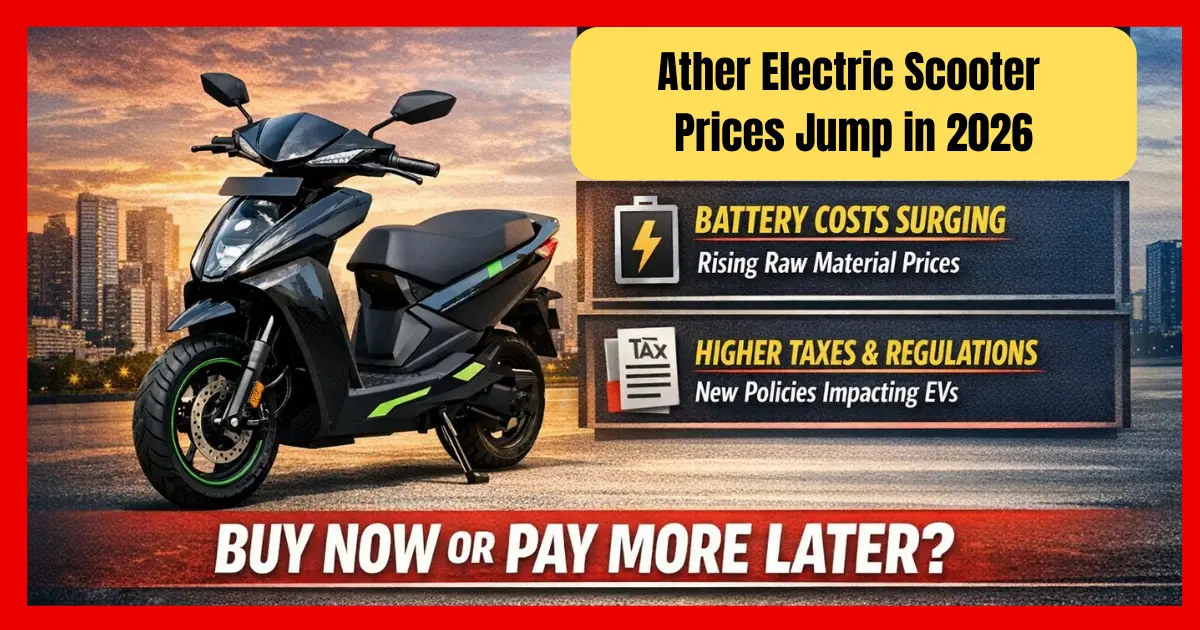A sudden directive has mandated cash-only transactions at petrol pumps across India, leaving millions of motorists scrambling to adapt.
This unexpected move is a significant departure from the digital payment methods that have become the norm. The shift is expected to cause inconvenience to those who rely on digital payments for their daily fuel needs.
The reason behind this change lies in ongoing technical issues affecting digital payment systems at fuel stations. This article will guide you through the implications of this change and provide practical tips on how to navigate this temporary cash-only era.
Table of Contents
The Sudden Shift to Cash-Only Payments
Petrol pumps nationwide are now operating on a cash-only basis, a drastic measure taken in response to disruptions in digital payment systems. This change affects all petrol pumps across India, regardless of their location or ownership.
Recent Implementation Across India
The cash-only policy came into effect immediately after the announcement, catching many off guard. The geographical scope of this implementation is vast, impacting urban, suburban, and rural areas alike.
Expected Duration of the Policy
The duration of this cash-only policy is currently indefinite, pending the resolution of technical issues. Petrol pump associations expect this measure to last until the end of the month, allowing time for necessary system upgrades and testing.
Read also:-Get ₹22,222 salary by doing nothing
Understanding the Cash-Only Alert at Petrol Pumps
Petrol pumps across India have started implementing a cash-only policy due to unforeseen technical issues. This sudden shift has raised concerns among consumers and stakeholders alike.
Technical Issues with Digital Payment Systems
The primary reason behind this move is the persistent technical issues with digital payment systems. Fuel stations have reported consistent problems, including connectivity issues and transaction processing delays. These glitches have disrupted transactions at several fuel stations, prompting authorities to take drastic measures.
Official Statements from Authorities
Authorities have released statements assuring that digital payments will be reinstated once the technical issues are resolved. According to official statements, the problems are being addressed, and a timeline for resolution is being worked on. The root causes of these issues are being investigated, and measures are being taken to prevent such disruptions in the future.
Why Petrol Pumps Are Reverting to Cash Transactions
Petrol pump operators are reverting to cash transactions due to several financial and operational considerations. The decision to accept only cash is driven by a combination of factors, including cost considerations and technical issues.
Transaction Fees and Operational Costs
Digital transactions, while convenient, incur significant fees for petrol pump operators. These costs can be mitigated by reverting to cash transactions, thus reducing operational expenses and increasing profit margins.
Network Reliability Concerns
Network reliability issues also play a crucial role. Petrol stations, especially those in areas with poor internet connectivity, face challenges with digital payments, making cash a more reliable option. This shift helps avoid transaction delays and reconciliation problems associated with digital payment systems.
Impact on Daily Commuters and Drivers
The sudden shift to cash-only payments at petrol pumps is significantly impacting daily commuters and drivers. This change affects not only their daily routines but also their reliance on digital payment systems.
Inconvenience for Digital Payment Users
Commuters who primarily use digital payments are facing inconvenience due to the sudden change. They must now ensure they have sufficient cash on hand, which can be challenging, especially for those who rarely carry large amounts of money.
Changes to Refueling Routines
The cash-only policy is disrupting established refueling routines. Drivers must now plan ahead to have enough cash available, potentially causing delays and additional planning requirements. This change also raises security concerns associated with carrying larger amounts of cash, particularly during late hours or in less secure locations.
How to Prepare for Cash-Only Petrol Stations
Preparing for cash-only petrol stations is crucial for a hassle-free refueling experience. With the recent shift towards cash-only payments at petrol pumps, it’s essential to plan ahead to avoid any inconvenience.
Planning Your Cash Requirements
To ensure you’re prepared, first, estimate your typical fuel expenses. Consider your vehicle’s fuel consumption and current petrol prices to determine how much cash you should carry. It’s also wise to carry smaller denominations to facilitate easier transactions.
Locating ATMs Near Petrol Pumps
Identifying nearby ATMs is another crucial step. You can use mobile banking apps or Google Maps to find ATMs along your regular routes. Creating a personal database of petrol stations and nearby ATMs can be particularly helpful for frequent travelers.
By planning your cash requirements and knowing where to find nearby ATMs, you can navigate the cash-only policy at petrol pumps with ease.
Alternative Options During This Transition
The temporary halt on digital payments at petrol pumps necessitates a look into alternative solutions. While the cash-only policy is in effect, commuters can still explore other options to manage their fuel expenses.
Finding Petrol Pumps That Still Accept Digital Payments
Some petrol pumps may still accept digital payments despite the general shift to cash-only operations. To find these, commuters can use social media groups, mobile apps, and community forums to gather information about stations that continue to offer digital payment options.
- Utilize online resources to locate petrol pumps with digital payment facilities.
- Join local community groups to stay updated on payment options at nearby petrol stations.
Prepaid Fuel Cards and Other Solutions
Alternative payment solutions like prepaid fuel cards might still be accepted at some stations. Additionally, oil company-specific payment cards and fleet management cards could remain operational during this transition period.
- Consider using prepaid fuel cards for fuel purchases.
- Explore the use of oil company-specific payment cards and their acceptance during the cash-only policy.

By exploring these alternatives, commuters can better navigate the current cash-only policy at petrol pumps.
Response from Petrol Pump Operators
Petrol pump operators across India are taking proactive steps to address the challenges arising from the sudden shift to cash-only transactions. They are working to ensure that customers face minimal disruption during this period.
Measures Being Implemented
Operators are enhancing their payment gateway infrastructure and educating staff on efficient cash handling. Key initiatives include displaying cash-only notices at stations and setting up customer feedback mechanisms. A detailed overview of these measures is provided in the table below:
Customer Support Initiatives
To support customers during this transition, petrol pump operators have established a 24/7 helpline for queries and assistance. They are also enhancing security at cash handling points to address safety concerns.
Looking Ahead: The Return of Digital Payments
With authorities working diligently to address the technical glitches, the return to digital payments is on the horizon. The current cash-only alert at petrol pumps has posed challenges for both consumers and operators, but the anticipation is that digital payment options will be restored once the technical issues are resolved.
Timeline for Resolution
The exact timeline for resolving the technical issues and returning to digital payments is being closely monitored by the authorities. While there isn’t a specific date announced for the return of digital payments, the commitment from the authorities to restore services promptly is evident.
Future Improvements to Payment Systems
The temporary disruption to digital payments is expected to lead to enhanced digital infrastructure and more reliable payment systems in the future. Some potential improvements include:
- Enhanced security features to protect transactions
- Better offline capabilities for digital payment systems
- Innovative fintech solutions to improve the overall payment experience
As the industry moves forward, the focus will be on creating a more robust and resilient digital payment ecosystem.

The return to digital payments is not just about restoring the status quo but also about leveraging the current challenges to drive future innovations. As technology continues to evolve, petrol stations are likely to adopt more digital-friendly payment solutions, potentially including hybrid payment models that offer greater flexibility and reliability.
Conclusion
As India navigates the temporary shift to cash-only transactions at petrol stations, it’s essential to stay informed and adaptable. The cash-only policy has presented challenges for consumers and petrol pump operators. By planning ahead and understanding alternative payment methods, the inconvenience can be minimized. This experience highlights the importance of balancing convenience with preparedness.









